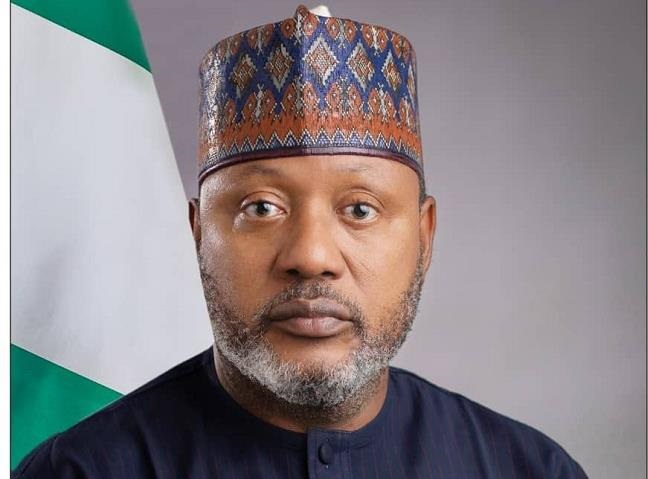Two experts, a physician and an environmentalist, have thrown a word of caution towards addressing challenges related to waste management.

While an environmental management expert, Prof Chidozie Uwalaka, urged the Federal Government to ensure only accredited consultants of the Ministry of Environment are used in the enforcement of waste management policies, a Public Health Physician, Dr Okunola Akinroye, advised manufacturing companies and households to carefully manage their waste to prevent environmental pollution.
Prof Uwalaka made the call on Tuesday, April 26, 2022, in Owerri in a lecture titled: “Hazardous Waste Management, a Way Forward for Nigeria”, while Dr. Akinroye of Isolo General Hospital, Lagos, made the submission in an interview on Tuesday in Lagos.
Uwalaka, who spoke at an event organised by the newly inaugurated Imo Council of Nigerian League of Environmental Management, expressed worries that poor handling of hazardous waste products in various organisations in the country might further expose Nigerians to health challenges.
He said Nigeria still operated a waste management system below the global standard.
“In line with the new world order, the Federal Government must be aware of how the oil companies, hospitals, banks, industries, tertiary institutions and so on manage their hazardous waste.
“It is globally recommended for countries to make use of accredited consultants from their Ministry of Environment.
“Following its expertise and stringent conditions, the Ministry of Environment is compelled to act in the overall benefit of the society,” he said.
Uwalaka, a lecturer at the College of Arts and Science, University of Francisco, USA, further advised the federal government on the need to be wary of most of those recognised by its establishments as accredited agents.
According to him, in the 21st century, government seems not to be committed to the ideals of managing hazardous waste, despite its societal implications.
Uwalaka stressed the need for all tiers of government to give priority attention to matters concerning hazardous waste as a strategic means of reducing air pollution and building environmental friendliness.
Akinroye said that wide range of diseases could be contacted and spread through unclean and contaminated environment and surroundings.
He added that proper waste management by companies and households could curtail the problem of arbitrary disposal of toxic wastes and pollution in the country.
According to him, there is the need for companies to go the extra mile to dispose the effluents appropriately due to the hazardous nature of chemicals from industrial activities.
He said: “Manufacturing processes can generate chemical wastes which are toxic and pose threats to the environment and human health.
“`To safeguard the environment and prevent the spread of diseases, manufacturing industries should look for a way to recycle their wastes.
“This is because waste can be recycled, and the residue channelled into the effluent treatment plants, where it will be treated and re-used. This can form an additional source of income.
“Appropriate identification, collection, separation, transportation, treatment and disposal, as well as important associated aspects including disinfection, are parts of effective waste management,” Akinroye said.
He noted that industries that do not have effluent treatment plant should endeavour to get one or be registered with the waste management authorities.
He also advised households to have septic tanks for waste at the front of their homes, saying “the public needs to desist from the ugly act of disposing waste into the drains, particularly during the rainy season.
“Trees and forest should not be cut or burnt. They are natural components that make the environment beautiful,” he said.
Akinroye noted that the safety of the environment was a collective responsibility of everybody in the society and should not be left to state governments alone.
He, therefore, advised manufacturers and households to obey environmental regulations to help government to actualise its efforts in ensuring safe and healthy environment.
In his remarks, Chairman, Imo Council of Nigerian League of Environmental Management, Dr Godwin Ofoegbu, said the essence of the seminar was to create awareness on the organisation and its role in national development.
He said the event also aimed at forming a collaborative partnership with all stakeholders and encouraging a strategic road map for the federal government.
Ofoegbu decried using quacks in hazardous waste management.
He advised government to give sole authorisation to the Federal Ministry of Environment in the issuance of certificates to accredited consultants as means of sanitising the system.
By Ikechukwu Iweajunwa and By Lilian Okoro
